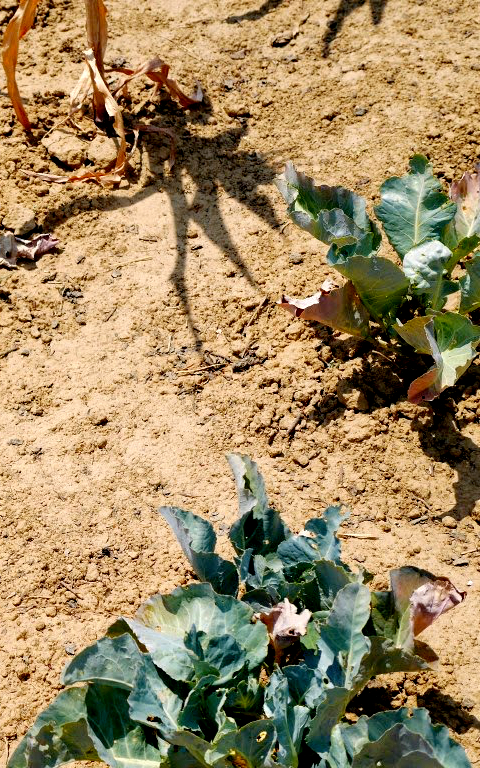Profits spared in pesticide drop

Reducing pesticide use is a key component of achieving sustainable crop production while feeding a growing global population, and previous studies have suggested that the adoption of new production strategies could help reduce pesticide use.
However, it has been debated whether substantial reductions are possible without negatively impacting crop productivity and profitability.
French researcher Martin Lechenet and colleagues examined the conflicts between pesticide reduction, productivity and profitability using data from 946 non-organic arable farms - a large and representative sample of farms covering a wide range of production situations and differential use of pesticide.
They found that 77 per cent of the farms displayed no conflict between lower pesticide use and productivity or profitability, and that the 23 per cent of farms that did exhibit conflict were mainly associated with industrial crops, which are highly reliant on pesticide use.
Using their results, the authors estimated that 59 per cent of farms could reduce pesticide use by 42 per cent without negatively affecting productivity or profitability.
This would result in reductions of 37 per cent in the use of herbicides, 47 per cent in fungicides and 60 per cent in insecticides.
The researchers say their work should offer valuable data for farmers and policy makers to inform appropriate pesticide use for environmental safety and social sustainability.








 Print
Print